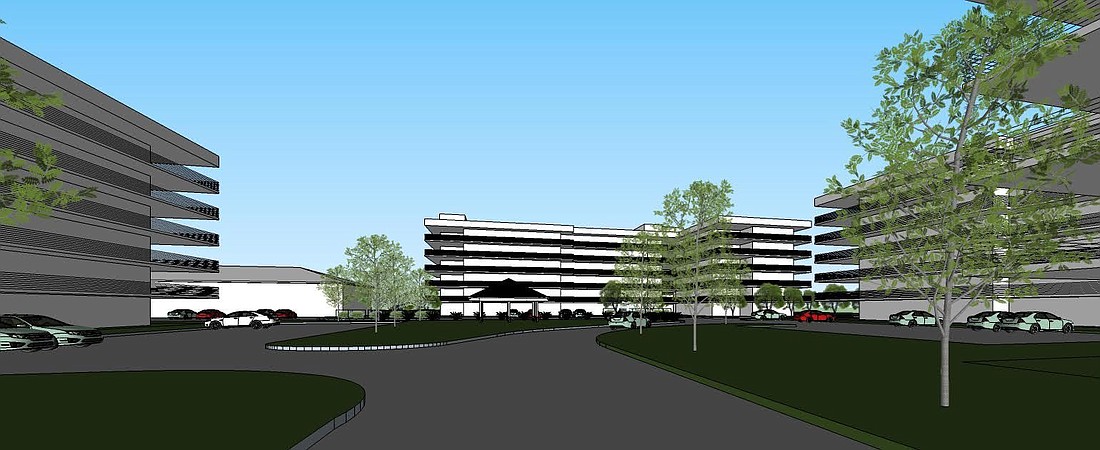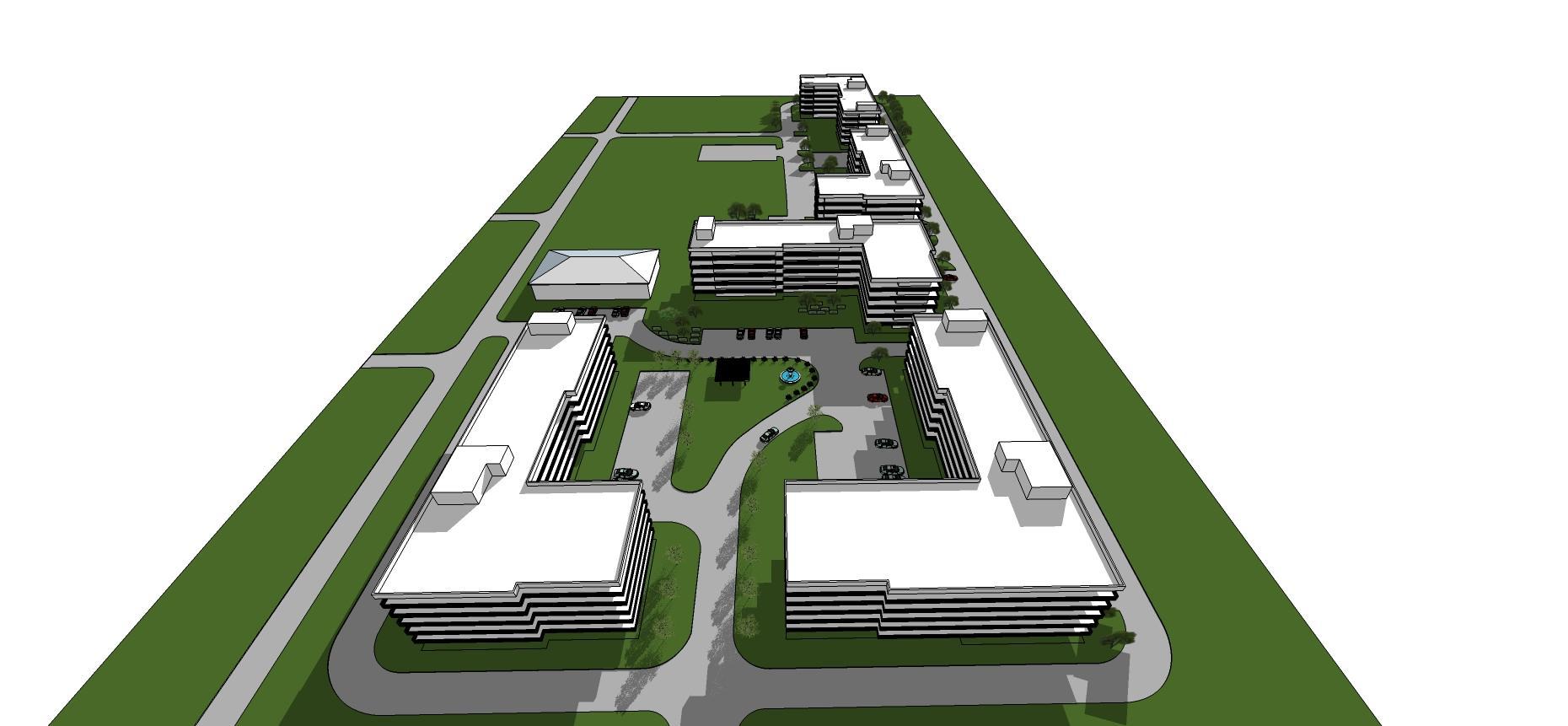- November 28, 2024
-
-
Loading

Loading

While entrepreneur Harvey Vengroff continues his quest to quell the homeless issues plaguing the city, those same problems have pushed him out of the Rosemary District — with a profit and plans for more affordable housing elsewhere.
A firm run by McLean, Va. resident Mitchell Racoosin bought Vengroff’s mixed-use property at the corner of Central Avenue and Seventh Street for $2.3 million this month. He used the proceeds to buy a rundown 12-unit complex in Palmetto for $382,000, which he plans to renovate and rent out like he does with the other assets in his portfolio.
“It was starting to become a pain in the ass to have all those homeless people hanging around the building,” Vengroff said of his Rosemary property, which he bought from the city of Sarasota for $180,000 in 1998.
Vengroff is also shedding the buildings because monthly rents in the 12 units have nearly eclipsed $1,000, which doesn’t fit into his strategy of converting old motels into workforce and transitional housing for homeless people.
“The apartments on Cohen Way were going for way more than we usually charge our clientele,” Vengroff said.
He has been an outspoken opponent of strategies being employed in Rosemary to deal with homelessness, as well as plans for a come-as-you-are homeless shelter. Vengroff believes he can make a major dent in those issues without the use of any government assistance.
Vengroff’s plans for a massive injection of affordable housing into the city be smaller than he originally envisioned, but he thinks the project now has a better chance of breaking ground.
The city’s Development Review Committee Wednesday reviewed plans for a 400-unit apartment complex at the intersection of Fruitville Road and Audubon Place, which Vengroff had originally intended to include up to 800 apartments.
“There were a lot of people who turned out who seemed to be for the project and for affordable housing,” Vengroff said.

But, a deficit in parking requirements remains an issue.
While the city requires two parking spaces per unit, Vengroff’s planning representative Joe Barnette said the developer could charge $600 for renters without a car and an additional $50 for those with vehicles to incentivize alternate modes of transportation.
Vengroff said he needs to start selling off his industrial property holdings to raise the roughly $30 million needed for the project.
The project will advance to two neighborhood workshops, the first of which will be held in late July or early August. The group working on the project must return with a site plan and rezone request, as well.
“I can’t imagine too many people being against affordable housing,” Vengroff said.